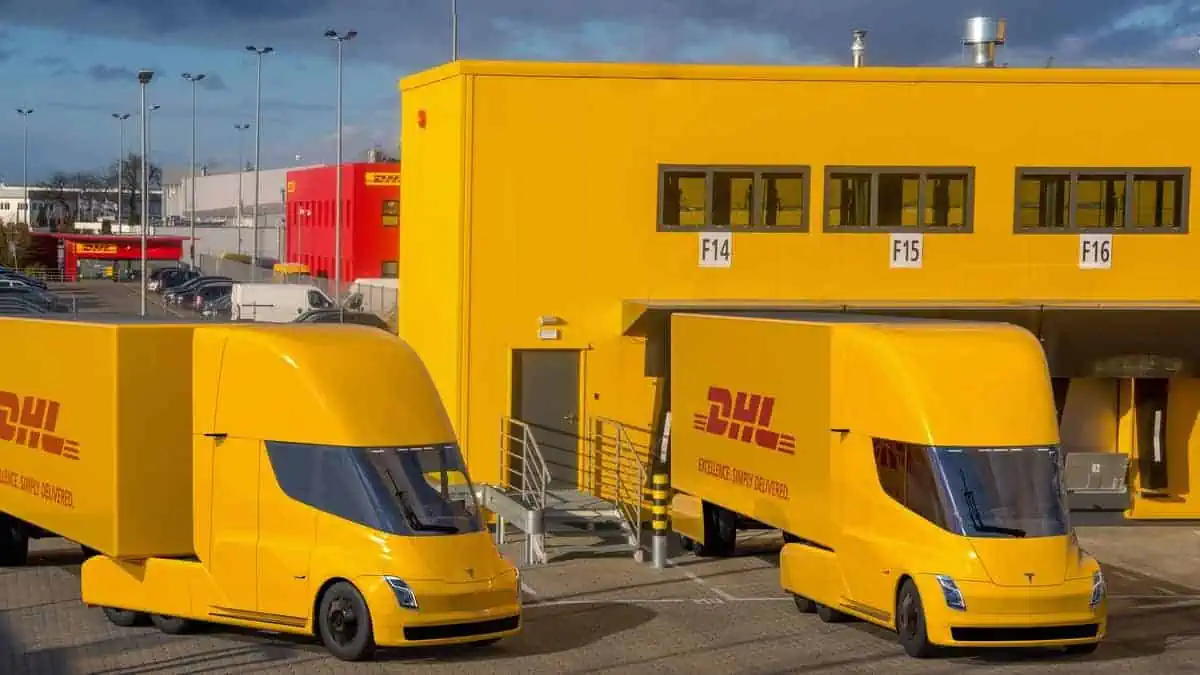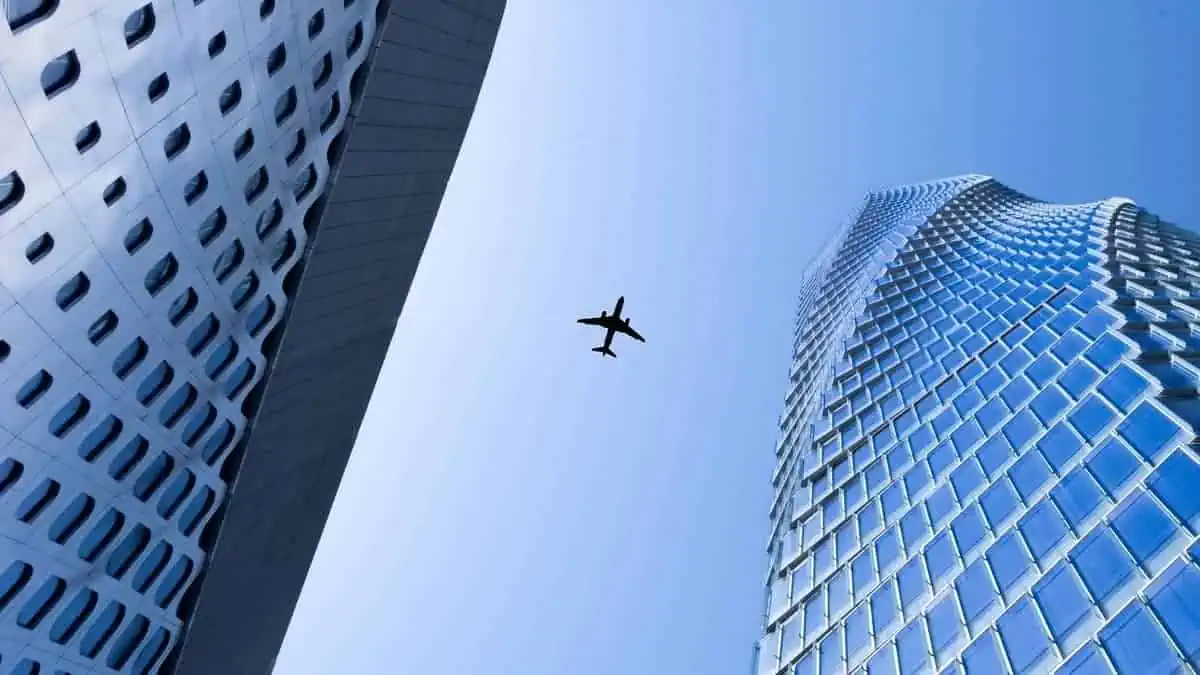American EV giant Tesla is reportedly developing a large recruitment center for its artificial intelligence (AI) team in Silicon Valley. In January, Nikkei Asia saw an intriguing signage with Tesla’s name and address on a huge office building adjacent to Stanford University’s campus.
The building at 3000 Hanover Street, Palo Alto, California, measures 569,248 square throughout two floors. It is interesting to note that Tesla was concurrently conducting a significant hiring drive for local IT talent.
Tesla’s AI team expansion in Silicon Valley
Tesla enthusiasts claim the automaker is attempting to hire engineers with AI expertise. It is a new technology field that Tesla may find useful in its robotics and driverless vehicle projects.
Interestingly, the automaker seems to be seeking to hire West Coast tech firms’ engineers who were terminated due to necessary job cuts. Tesla could also entice the talented students and alumni of Stanford University to join Tesla’s AI team, considering the campus’ nearby location.
It is indeed a strategic location, given that the Stanford AI Lab has been recognized as the “center of excellence for Artificial Intelligence research, theory, and practice” since its establishment in 1963.
As per the unnamed source, Tesla sent a letter of intent to the real estate firm that owns the building. However, in January, Tesla and the building’s owner have not yet achieved a formal agreement. The publication also noted that Tesla might be planning to rent the 29,700 sqm office space of the building.
It is also worth noting that Tesla has already moved its headquarters to Texas. Nonetheless, Elon Musk has stated that the company will continue to grow its footprint in California. According to reports, both the Tesla AI team are still headquartered in California.
Why is AI important for Tesla?
Tech giants like Google and Microsoft have dominated the artificial intelligence industry. Now, they are being challenged by smart EV automakers like Tesla.
Tesla currently designs and produces scaled-up autonomous systems for vehicles, robotics, and other technologies. The automaker believes that the only way to develop a system that works for full self-driving and beyond is to deploy advanced AI for vision and planning, supported by effective inference hardware.
That said, it is unsurprising that Tesla opened more than 700 job vacancies in Palo Alto in January. Of that number, technology and IT-related jobs accounted for 55%. At the same time, Tesla allotted more than 70 positions for autonomous driving and robotics-related jobs.
Tesla presents its most recent achievements in AI at an annual event. Furthermore, the company’s official career website features the latest job listings for Tesla’s AI team.






